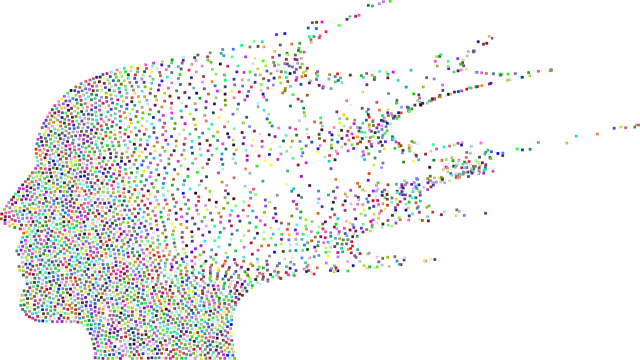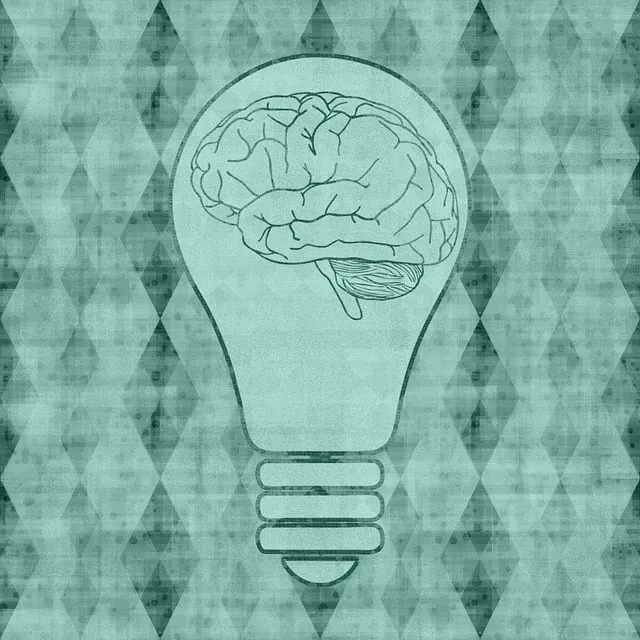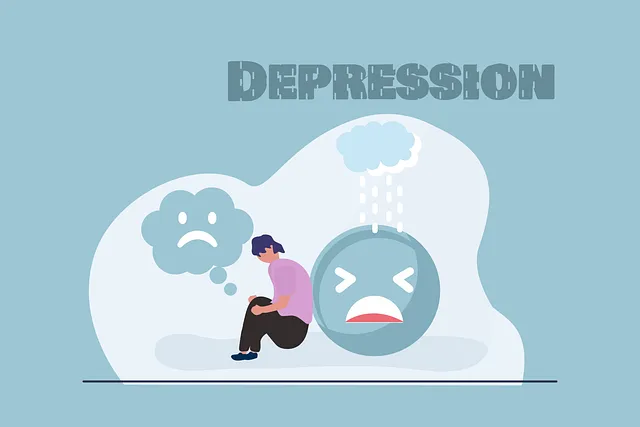Kaiser Permanente in Wheat Ridge offers a comprehensive mental health service, utilizing advanced data collection tools like structured interviews and surveys to evaluate patient well-being across various age groups and conditions. This data enables healthcare professionals to personalize treatments, track progress, and enhance outcomes. By analyzing trends, Kaiser identifies needs – such as stress management workshops for specific demographics – fostering tailored interventions and community support. Key metrics for program effectiveness include symptom reduction, engagement rates, long-term benefits, and reduced hospital admissions, all demonstrably achieved by Kaiser in Wheat Ridge. Effective communication strategies, including clear language, visual aids, social media, and workshops, destigmatize mental health conversations and empower individuals to manage their well-being.
Mental health data analysis plays a pivotal role in understanding and improving community well-being, especially at facilities like Kaiser in Wheat Ridge. This article explores how Kaiser’s data collection methods contribute to mental health trend identification. We delve into the tools used for interpretation, highlighting key metrics for program evaluation. Furthermore, effective communication strategies are discussed to ensure findings translate into actionable insights. Understanding these aspects is crucial for anyone curious about how Wheat Ridge’s Kaiser facility covers and enhances mental health services through data-driven approaches.
- Understanding Mental Health Data Collection at Kaiser in Wheat Ridge
- Analyzing and Interpreting Mental Health Trends Using Available Tools
- Key Metrics to Focus On When Evaluating Mental Health Programs
- Strategies for Effective Communication of Mental Health Findings
Understanding Mental Health Data Collection at Kaiser in Wheat Ridge

At Kaiser Permanente in Wheat Ridge, mental health data collection is a comprehensive process designed to provide an in-depth understanding of patient well-being. The healthcare organization utilizes advanced tools and technologies to gather information on various aspects of mental health, including symptoms, diagnoses, treatment plans, and overall patient outcomes. This involves structured interviews, surveys, and standardized assessment tools tailored for different age groups and specific mental health conditions.
Wheat Ridge residents who seek care at Kaiser can expect a thorough evaluation that covers not only the presence and severity of symptoms but also factors like social support networks, coping strategies, and environmental influences. The data collected enables healthcare professionals to make informed decisions, tailor treatment plans accordingly, and track progress over time. This not only enhances patient outcomes but also contributes to the development of effective communication strategies and emotional regulation techniques for both patients and mental health professionals, as highlighted by the Risk Assessment for Mental Health Professionals.
Analyzing and Interpreting Mental Health Trends Using Available Tools

Analyzing mental health trends using available tools has become increasingly important, especially with the rise of digital data collection. Organizations like Kaiser Permanente, even in areas such as Wheat Ridge, offer robust resources for understanding and managing mental health. By leveraging data analytics, healthcare providers can identify patterns and gain insights into various aspects of mental well-being. This enables them to develop tailored interventions and services that cater to specific needs within the community.
For instance, tools designed to analyze trends in mental health can help pinpoint areas where stress management workshops might be particularly effective. The Mind Over Matter Principles, for example, can be supported by data showing elevated stress levels in certain demographics or professions. Similarly, empathy-building strategies can be targeted towards populations experiencing higher rates of anxiety or depression, as indicated by the data. Such tailored approaches not only enhance care but also foster a sense of community support and resilience.
Key Metrics to Focus On When Evaluating Mental Health Programs

When evaluating mental health programs, several key metrics stand out as essential indicators of effectiveness. One of the primary measures is the reduction in symptoms related to specific mental health disorders, such as depression or anxiety (Anxiety Relief). Tools like standardized questionnaires and clinical assessments can quantify these improvements, offering valuable insights into the program’s impact.
Additionally, tracking participant engagement and satisfaction is crucial. Metrics like attendance rates, completion of programs, and feedback from participants provide a holistic view of the program’s appeal and effectiveness. Measuring changes in psychological resilience (Resilience Building) and overall well-being can also highlight the long-term benefits, especially when combined with data on reduced medication use or hospital admissions, as offered by Kaiser Permanente in Wheat Ridge.
Strategies for Effective Communication of Mental Health Findings

Effective communication is key when sharing mental health findings, ensuring that both professionals and individuals from diverse backgrounds can understand and act upon the data. One strategy is to utilize clear and concise language, avoiding jargon that might confuse laypeople. Visual aids, such as charts and infographics, can also simplify complex information, making it more accessible. For instance, a Community Outreach Program Implementation focused on mental health could create visual resources to highlight trends and statistics from the data analysis, enabling better comprehension of the issues within the community.
Additionally, engaging various communication channels is essential for reaching a broader audience. This might include traditional media outlets, social media platforms, and community gatherings. For example, sharing insightful articles or videos about mental health awareness through social media can help destigmatize conversations around these topics. Similarly, hosting workshops like Social Skills Training sessions can facilitate open discussions and empower individuals to take charge of their mental well-being, in line with what Kaiser covers for Wheat Ridge residents’ mental health services.
Mental health data analysis is a powerful tool for understanding and improving patient care. As shown, Kaiser in Wheat Ridge collects comprehensive data on mental health services, offering valuable insights into trends and program effectiveness. By utilizing appropriate tools and focusing on key metrics, healthcare professionals can interpret this data to make informed decisions. Effective communication of findings is essential to ensure positive change, ensuring that all patients receive the best possible care for their mental health needs, as covered by Kaiser in Wheat Ridge.






